Staying well in body and mind is key to keeping spirits up as the current crisis unfolds.
Editor Jane Garton looks inside the herbal medicine chest and shares some herbs to help boost your wellbeing the natural way.
Thyme
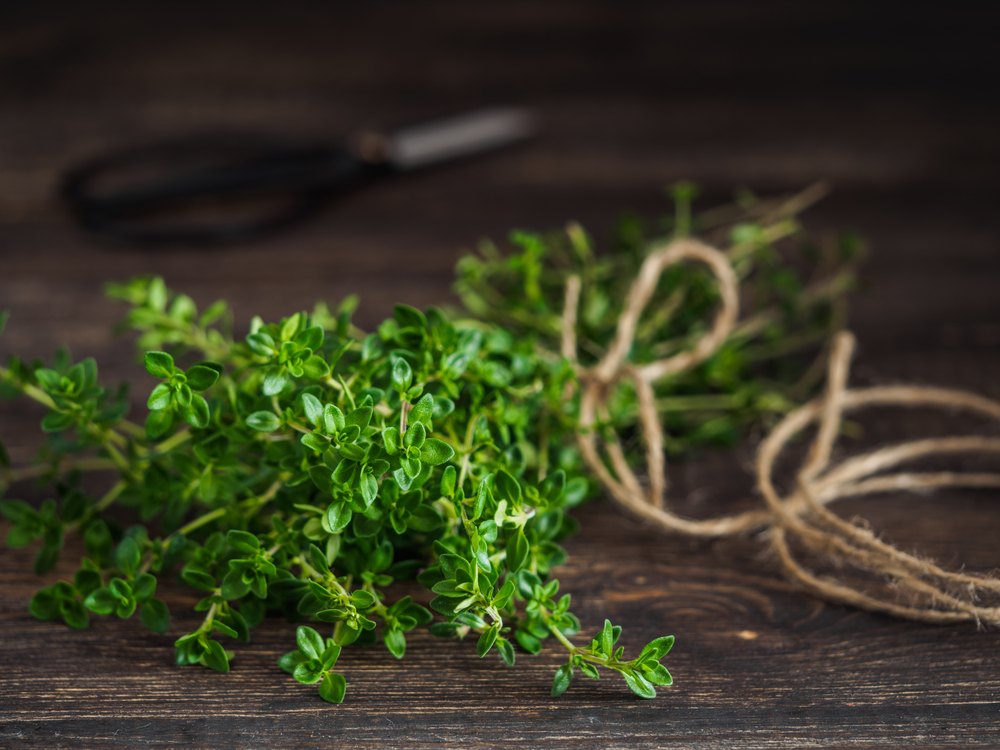
Rich in the volatile oil thymol, thyme has powerful antiseptic, antibiotic and anti-fungal properties. Traditionally used for coughs, throats and chest infections, it is also thought to have immune-boosting properties. Use it fresh to flavour foods or make into a soothing tea.
St John’s wort
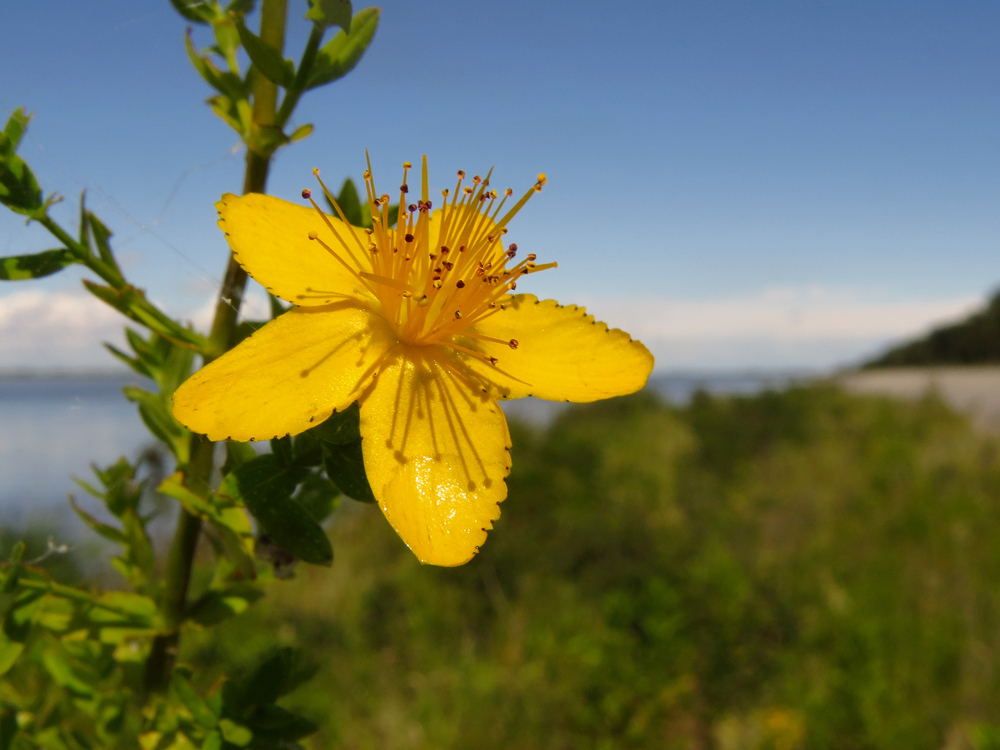
We’re living in uncertain times so it’s not surprising some of us may be feeling less than cheerful, but help is at hand. Clinical trials have shown that St John’s wort aka ‘the sunshine herb’ can help alleviate mild-to-moderate depression without the side effects of more conventional antidepressants.
It is not known exactly how it works, but it is thought that the active ingredient hypericin works by prolonging the action of the brain neurotransmitter serotonin – a deficiency of which can trigger depression. Before taking any St John’s wort product always check with your GP if you are on any prescribed medication.
Rosemary
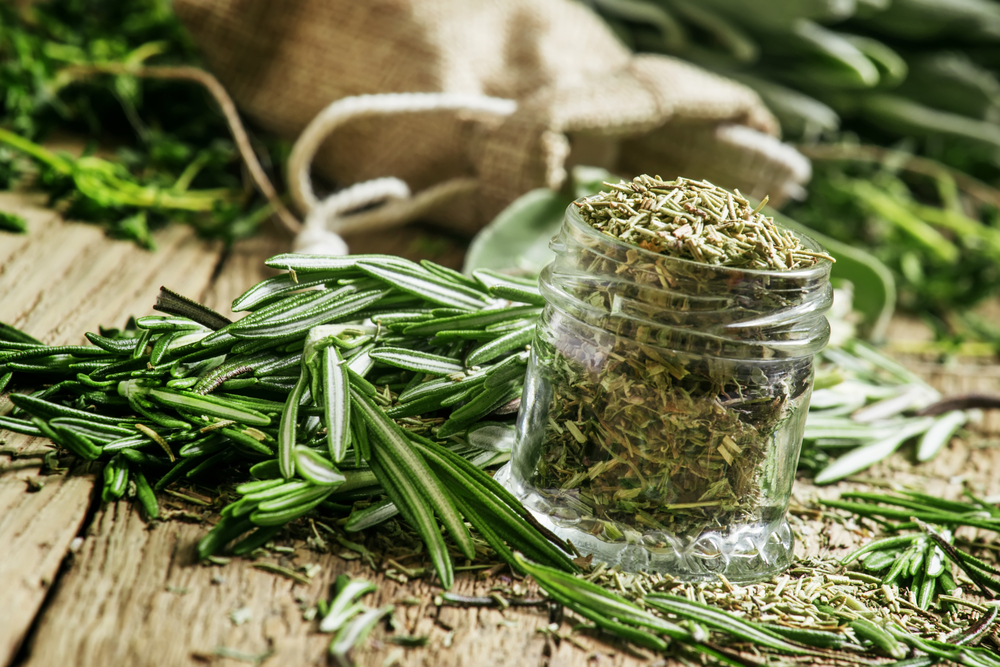
Living in isolation, missing family, friends and colleagues can make it hard to concentrate and focus on anything constructive, especially if you are having to work from home. The lovely garden herb rosemary is a great tension reliever and will help to lift flagging spirits. Containing compounds that help relax muscles in the digestive tract it is also thought to boost concentration and memory. Drink it as a tea or use it to add flavour when cooking meats such as lamb.
Camomile
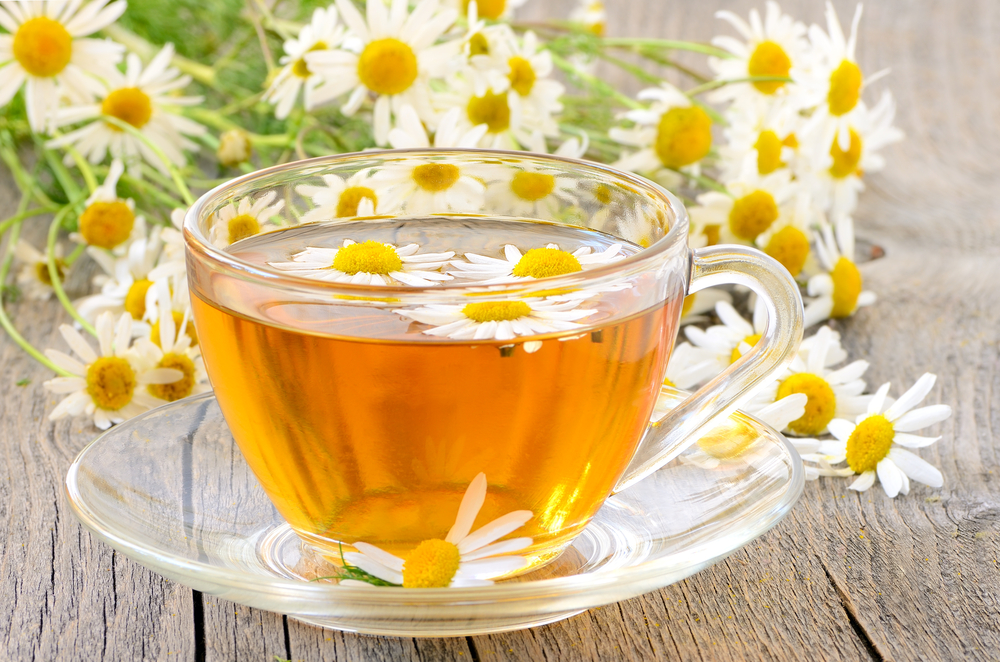
Finding it hard to get to sleep, or keep on waking up in the middle of the night with worrying thoughts racing through your mind? Soothing camomile could help. Well known for its gentle soothing properties, the small golden buds of the camomile flower, contain tryptophan, an amino acid renowned for its sedative effects. Drink as a calming tea before bedtime or put a few drops of the essential oil onto your pillow.
Pelargonium
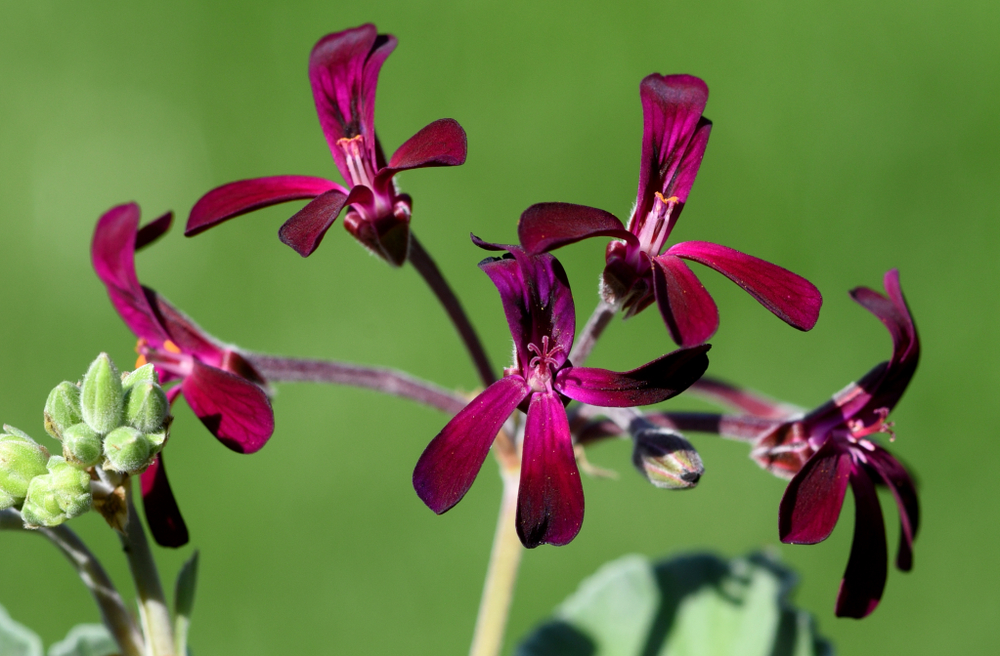
A member of the geranium family, pelargonium has attracted a lot of attention recently as a possible natural alternative to antibiotics. Its most important benefit is its ability to help relieve symptoms of upper respiratory tract infections such as the common cold as well as to strengthen the immune system. It also displays anti-inflammatory actions. Look out for it as an ingredient in cough and cold syrups as well as in tablet or tincture form.
Valerian
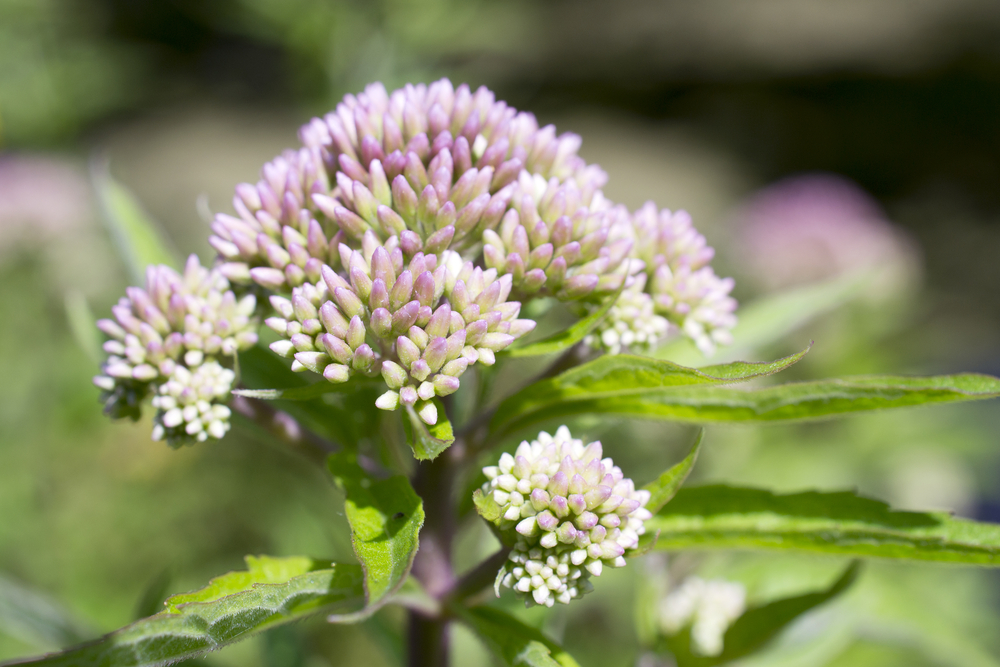
Sometimes described as nature’s tranquiliser this is the herb to turn to help ease troubled nerves as well as mild insomnia. Valerian contains several unique substances, including valerenic acid and valeranon. They have a central nervous system and muscle relaxant action that is particularly effective for treating stress and anxiety. It is often combined with hops and passionflower, both well known for their calming properties. Try it as a bedtime tea or in tablet form.
Lavender
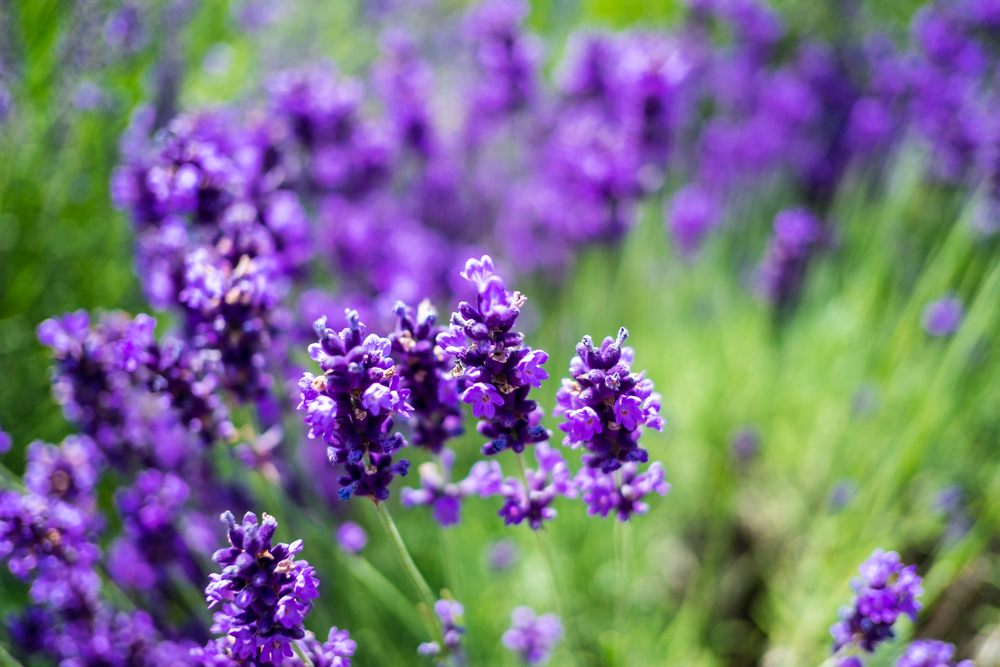
Long known for its calming, soothing properties, this is the must-have herb to help quell those stressful moments, especially when you can’t drop off at night. In France lavender is also often used for a wide range of respiratory problems including flu, asthma and bronchitis. A few drops of the essential oil on your pillowcase will help you to sleep better. Massaging a few drops into the temples or back of neck is wonderful for relieving a headache or neck and shoulder tension. Alternatively, why not try a lavender bath. Simply add six drops of lavender oil directly to your bath to help wash away the tensions of the day.
Brew up
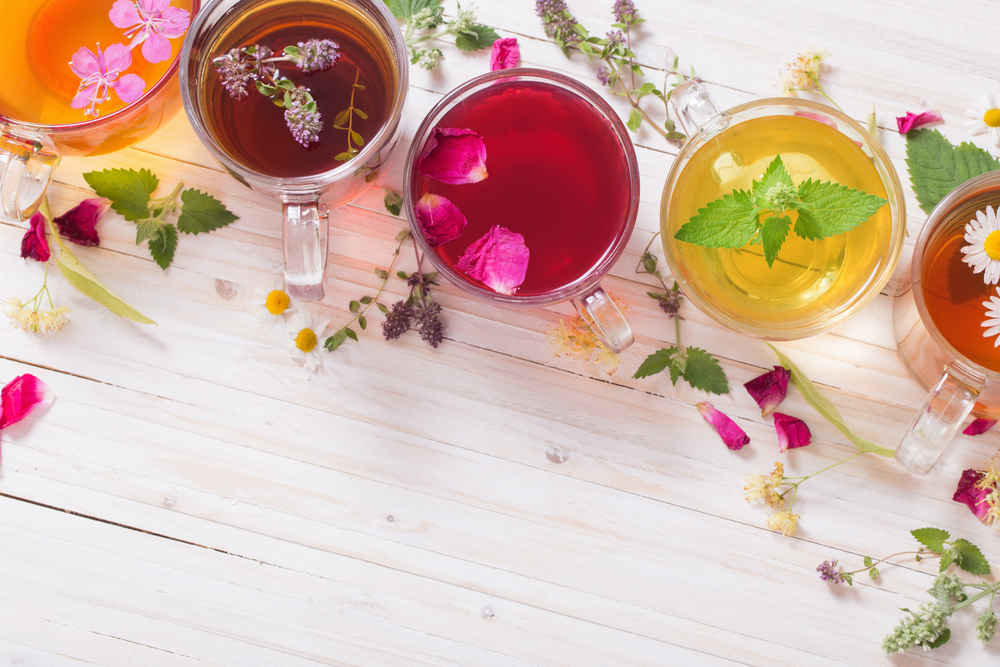
Making a herbal cuppa is as easy as 1, 2, 3:
- Place one teaspoon of herbs or a tea bag in a mug.
- Pour over boiling water and steep for 10 minutes to extract maximum benefits from the herbs.
- Strain herbs or remove teabag and drink
All images: Shutterstock

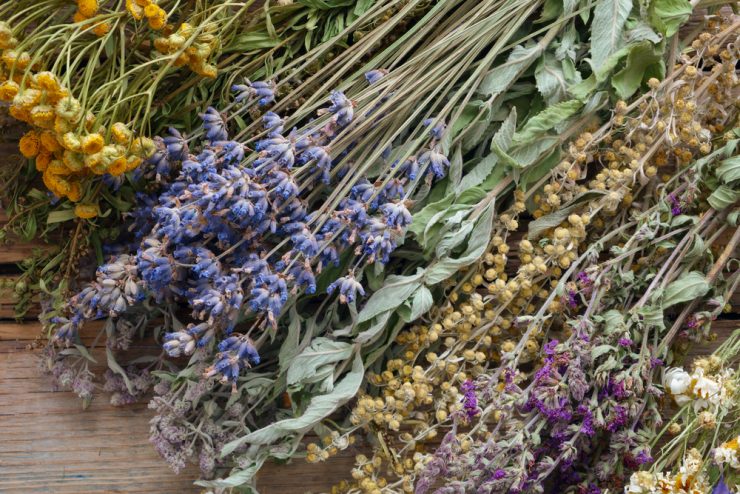






















Add comment